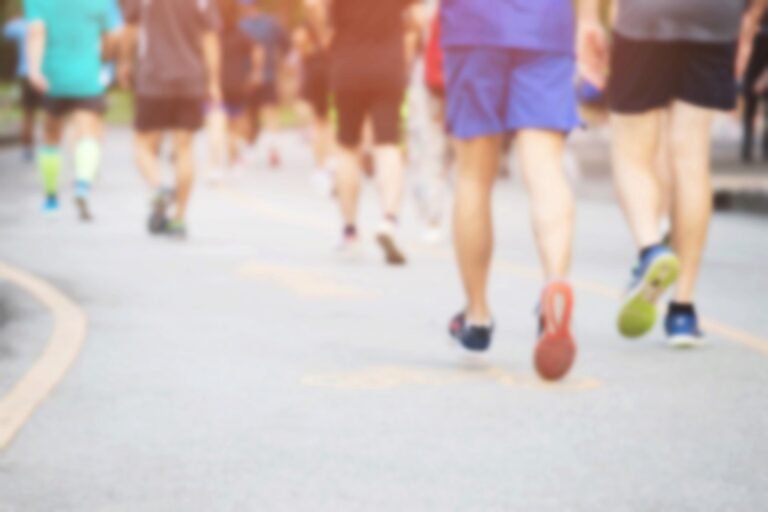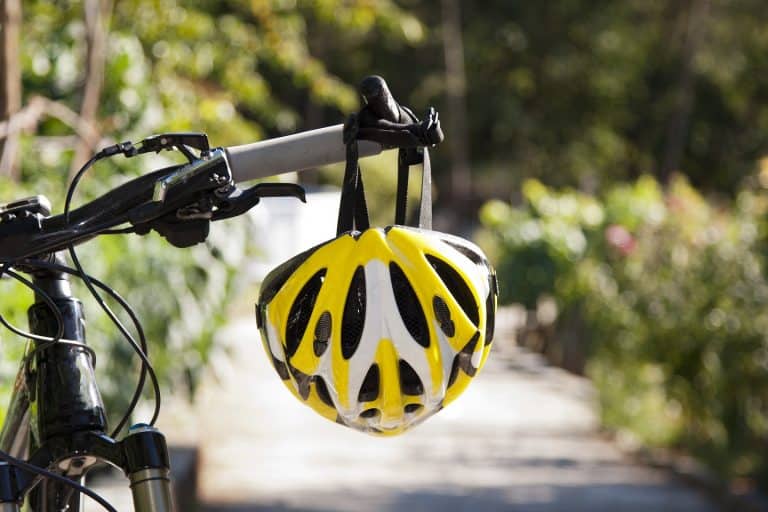Music therapy strikes the right note with stroke patients
I attended a workshop delivered by Chroma some time ago which focused on the important role that music therapy can play in the rehabilitation of those who have suffered brain injuries. The positive impact of music therapy, not only on patients’ mental wellbeing – but also on their neuro-rehabilitation journey, was clear to me then. I was so blown away by some of the success stories that I even wrote a blog about what I had learnt that day.
Following this, I wasn’t at all surprised to read about the positive results of a recent study into the effects of music therapy on stroke patients. The study was led by researchers at the Anglia Ruskin University (ARU), and was carried out in a stroke and rehabilitation unit at Addenbrooke’s Hospital, Cambridge. The findings were published in the journal Topics in Stroke Rehabilitation.
The study involved 177 stroke patients who took part in 675 Neurological Music Therapy (NMT) sessions over two years. It is the first large-scale investigation into the viability of delivering these types of sessions on a stroke and rehabilitation unit. Unsurprisingly, the results showed that NMT can help boost mood and improve concentration in people recovering from stroke. It was also found to improve brain and motor function in stroke patients.
The sessions involved playing musical instruments such as drums, keyboard, hand-held percussion, as well as touchscreen iPads. This helped patients with hand rehabilitation by improving finger dexterity. Repetition is key with neuro-rehabilitation and practicing playing instruments continuously also provides cognitive training.
Alongside the NMT sessions, the participants also took part in the existing stroke rehabilitation programmes, including physiotherapy, occupational therapy, speech and language therapy and clinical psychology. Speech and language therapists observed positive effects on patient engagement indicating how beneficial it can be for rehabilitation.
After the experiment, the average response from the participants was that NMT was “helpful” or “very helpful”. Of the participants who completed mood scale related questionnaires, there was a reduction in “sad” and an increase in “happy” responses immediately following a session.
Dr Alex Street, Senior Research Fellow within the Cambridge Institute for Music Therapy Research at Anglia Ruskin University, commented:
“Our study found that Neurologic Music Therapy was received enthusiastically by patients, their relatives, and staff.
The fact 675 sessions were carried out in two years is in itself an indication of the success of the treatment. It shows that staff are referring patients because they understand the mechanisms of the exercises and can see how it can benefit their patients. It also shows that patients are willing to do the exercises, with each one participating in an average of five sessions.
Staff felt that using music and instruments allowed patients to achieve a high amount of repetition to help achieve their goals. They felt that the exercises appear less clinical, because the patients are playing music with the music therapist, and they are receiving immediate feedback from the exercises, through the sounds they create. Further research is necessary to establish potential effects of music therapy on recovery rate and length of hospital stay.”
Following the success of the trial, the researchers are preparing a proposal to establish an NHS-funded permanent NMT post on the stroke ward at Addenbrooke’s Hospital, where the study was conducted. This is encouraging news and perhaps a sign of things to come – NMT may feature in NHS neuro-rehabilitation centres throughout the UK in the not-so-distant future.
Even outside of a rehabilitation setting, the power of music cannot be underestimated. At Bolt Burdon Kemp, we are proud to support The Spitz, a charity dedicated to relieving isolation and increasing wellbeing through the power of music. The charity’s musicians engage people in care homes through participatory music sessions, which have proven to ease anxiety encourage interaction and improve wellbeing and memory through mental and physical participation.
“Music can heal the wounds which medicine cannot touch.”― Debasish Mridha










